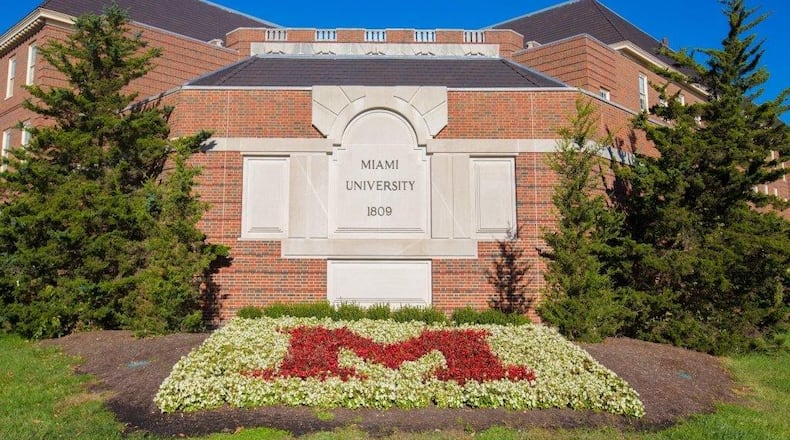Knight-Abowitz said the project is a fusion of interests between herself and Wilson. Wilson, a professor in the Department of Comparative Religion at the university, has an “...interest in broadening people’s understanding and knowledge about different kinds of religions,” Knight-Abowitz said.
For Wilson, this interest extends into K-12 schooling and combines with the growing amount of practicing Muslims in the American school system.
For Knight-Abowitz, her interest lies in making schools as welcoming as possible to the diverse crowd of students they serve.
“My interest is as a scholar of educational democracy, really trying to make sure that our schools are welcoming places for all kinds of Americans and immigrants and making sure that schools understand [their] experiences,” Knight-Abowitz said.
This project, then, serves as a way for the two educators to broaden religious understanding and to make schools a more welcoming place for diverse students.
Knight-Abowitz describes the program as a “two week residential experience” that allows English language arts teachers to stay at the Oxford campus and “learn as a cohort about Muslim-American history and experiences.”
The participating educators will have an agenda packed full of books, field trips and discussions with scholars who have done specific research on the Muslim-American experience.
Knight-Abowitz said several of the program’s featured scholars are specifically focused on midwestern Muslims, including Syrian Americans in the region or Yemeni immigrants in Detroit.
“We’re really tapping into histories and knowledge of the Muslim-American experience as it has played out in the rust belt,” Knight-Abowitz said.
An additional focus will be on helping participating teachers build curriculum that they can use after their residency.
“We’re really trying to help teachers develpo high quality curriculum that really engages students with humanities-based knowledge related to the Muslim American experience,” Knight-Abowitz said.
While the program’s focus being on midwestern Muslims leads Knight-Abowitz to believe that midwestern teachers might get the most out of the experience, teachers from across the country are encouraged to apply.
“Running an immersive summer institute will be a new experience for both of us, and one that we’re really excited about,” Knight-Abowitz said.
As a part of planning the residency program, Knight-Abowitz and Wilson reached out to teachers and relevant scholars and were consistently told that there should be more programs like the one that they were designing.
“It made me firm in the conviction that this is a really important program at a really important time in American history where we need to understand religious diversity more than ever,” Knight-Abowitz.
Knight-Abowitz said the program is a “part” of what schools and educators ought to be doing to extend knowledge “..about religious diversity, in particular.”
“Our teachers, in particular, are on the front lines of engaging religious diversity, working with families of diverse religions and really trying to figure out what it means to be in American schools with lots of different religious perspectives and histories,” Knight-Abowitz said.
About the Author

